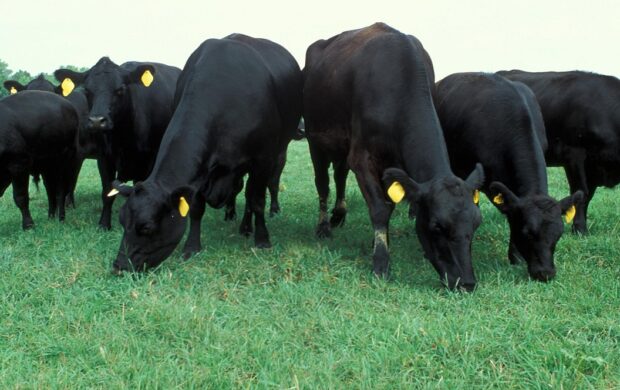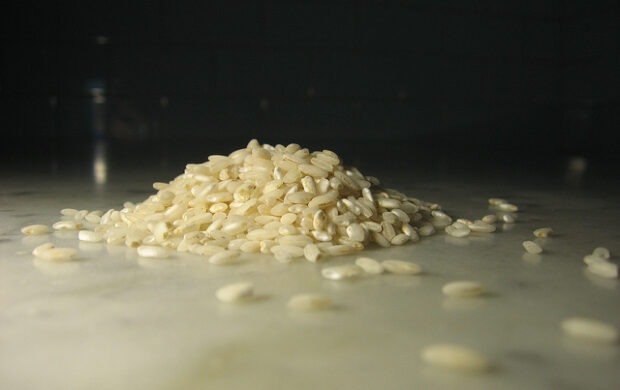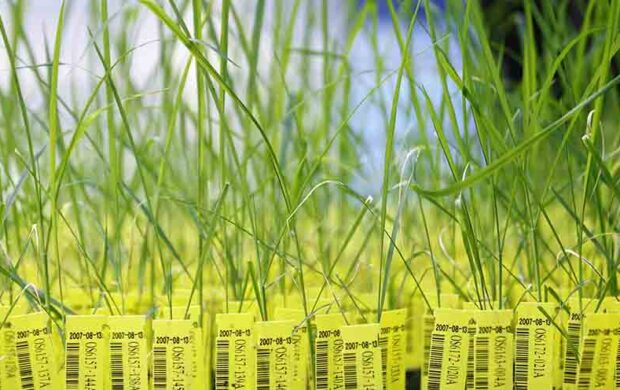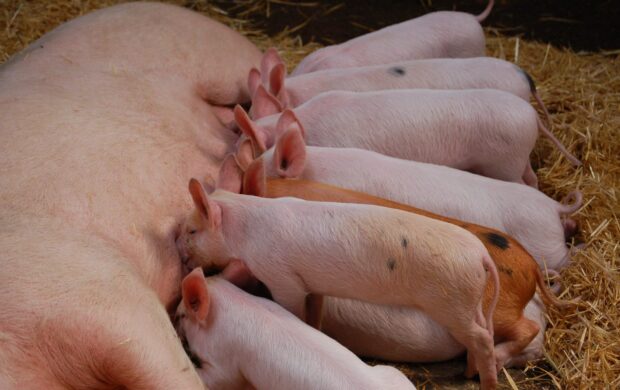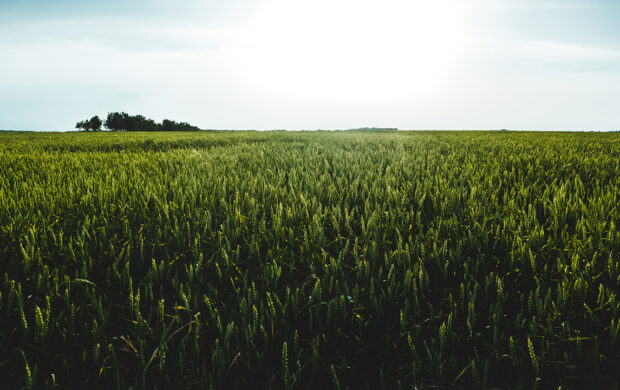A partnership between the Rodale Institute, Patagonia, and several other businesses, activists, and non-profits have developed a standard for the Regenerative Organic Certification; allowing farmers and producers to certify that their products are regenerative organic. Regenerative organic agriculture promotes fostering a rich soil ecosystem to not only restore soil fertility, but also draw atmospheric carbon into the soil.

Methods for this process include minimal soil disturbance, using fertility-building cover crops, diverse crop rotations, compost and rotational grazing of farm animals. These standards will initially begin with a pilot phase in 2018 and are to be administered by NSF International. The certification standards include three pillars: Soil Health and Land Management, Animal Welfare, and Farmer and Worker Fairness. Practices outlined in these pillars include methods used to preserve soil health, soil fertility and biodiversity, ensuring animal welfare standards, and labour standards.
